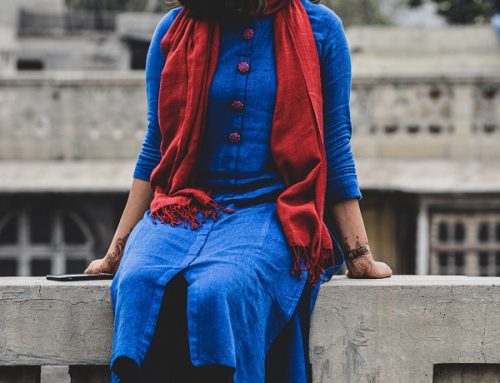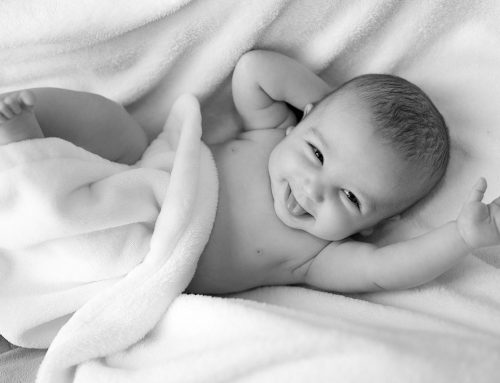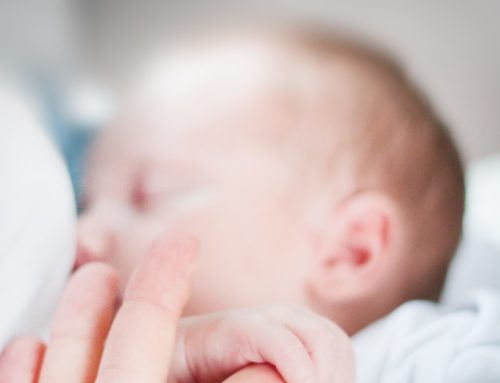So you are nearing your 36th week of pregnancy, eagerly awaiting baby’s arrival. If you are planning for a hospital birth, you would need to pack your ‘hospital bag’ (with labour and after birth essentials).
When to pack
Based on the collective experience of friends and colleagues, a good time to start packing a hospital bag is when you enter your 36-37th week.
If you are a lazy bum like me and hope that the baby is still a few weeks away to postpone packing, remember that babies have their own (secret) schedule of arrival :-).
A lot of moms-to-be dread (or postpone) packing hospital bag because baby shopping is new territory. There are too many unknowns like ‘which brands’, ‘which shops’, ‘how much’, ‘new or pre-cared’ (if you are a first-time mother without family or seniors around to guide, you can feel a little lost). Start packing well in time, to explore your options. With last minute shopping, you may end up spending more and not even get some of the essential items :-(.
What to Pack
Your hospital may provide a list of essentials to pack for delivery and post-natal care.
Before you start packing, enquire for following with your hospital:
- Items not allowed during hospital stay(e.g. outside food)
- Baby/maternity items provided during hospital stay (e.g., from baby clothes to maternity pads to birth photos, the hospital may provide many things during delivery/post-natal care).
Knowing items provided by your hospital (during labour and post delivery) as well as items not allowed in the hospital will help you keep your luggage compact.
If your hospital does not provide a list to help pack your hospital bag or you are looking for a sample list, you can use the list below for your reference. I created it based on the collective experience of friends and fellow moms.
A wise advice I got from my friends about packing my hospital bag was to divide hospital bag luggage into ‘labour’ essentials and ‘post birth hospital stay’ essentials. If possible pack separately for baby and mother. Packing separately for baby and mother saves a lot of time when you are recovering post delivery (normal or c-section), and hospital staff or a family member is hunting through your bag for any item required.
Packing for Labour:
- Your notes for labour and childbirth
- Old gown or dress
- Exercise mat/exercise ball
- Snacks and drinks (permitted by your OB/GYN) during labour
- Pair of comfortable slippers
- Accessories to tie your hair
- Your choice of things for relaxation/passing time: e.g. books, portable music system, smart devices, etc..
- Pillows (if you like your own over hospital pillows)
- One set of baby clothes to be used after birth (diaper, soft cotton top/onesie/vest, cap, blanket or swaddle cloth)
- Camera
Packing for hospital stay:
- For baby:
- Soft and thick, (light coloured) cotton sheets to put under baby
- Plastic/bed protector sheets
- Soft face wipes (cotton/muslin)
- Mittens/Booties
- Caps
- Tops/onesie/vests (mix of full/half sleeves/no sleeves)
- Swaddle cloth (soft muslin cloth/receiving blankets)
- Blankets
- Sweaters
- Feeding pillow (if delivery via c-section, consult your OB/GYN before using feeding pillow)
- Diaper changing*:
- Diapers
- Wipes (wet cotton balls/disposable wet wipes)
- Cloth to pat dry (soft cotton/muslin)
- Moisture barrier (vaseline/oil etc.)
- Diaper rash cream
- Going home outfit
- Infant Car Seat if going home by car (though not mandatory in India, it is the safest way for baby to travel in a car)
- Note: *Baby may soil anywhere between 3-10 or even more diapers a day initially. If you plan to use ‘Langot’ (traditional Indian reusable cloth diapers), you may need to change clothes, sheets, diapers, swaddle cloth/blanket and anything else that baby wears and gets soiled with each diaper change. With disposable or Modern cloth diapers, mostly only diaper change is required as these diapers usually do not stain clothes/blankets etc..Pack accordingly.
- For Mother:
- Hospital File (your complete pregnancy case file along with all reports)
- Insurance papers (if applicable)
- Notes for post-natal care
- Personal care items (Face wash, soap, shampoo, lip balm, toothbrush, toothpaste, towels, essential hair accessories, etc.)
- Toilet paper roll (optional)
- Shawl/blanket/Sweater (optional)
- Socks
- Hand sanitiser
- Maternity briefs /panties
- Breast Pads (disposable or reusable)
- Feeding/Nursing Bras (if using regular bra, consult your GYN/lactation consultant/nurse about feeding with a regular bra)
- Maternity Pads/Regular sanitary pads
- Abdominal Belt (Consult your GYN before using an abdominal belt)
- Nursing Dress/Tops or gowns with front buttons or zipper
- Post delivery food/snack items
- Post natal supplements
- Going home outfit
- Chargers for electronic devices
Note: Do not pack too many items of each type. Instead keep a stash ready at home to recycle if required, especially for your baby (if not needed in the hospital, this stash would be handy when you are back home, and settling down with your new born’s unpredictable routine).
Please consider local weather and hospital’s temperature/air-conditioning conditions when packing. Check in advance with your hospital if anything from your packing list is not permitted.
Once you have your list ready, find out stores which sell baby products you need. You can also buy online (Amazon, FirstCry, Hopscotch, Flipkart, etc. are some of the many e-commerce websites which sell a plethora of baby products).
If possible, share your list before hand with whoever is going to accompany or stay with you in the hospital. Knowing what is packed, will make things easier for them especially when you are resting post delivery or busy feeding your baby.





thanks for sharing this information.have shared this link with others keep posting such information..
thanks for sharing this information have shared this link with others keep posting such information..
Thank you